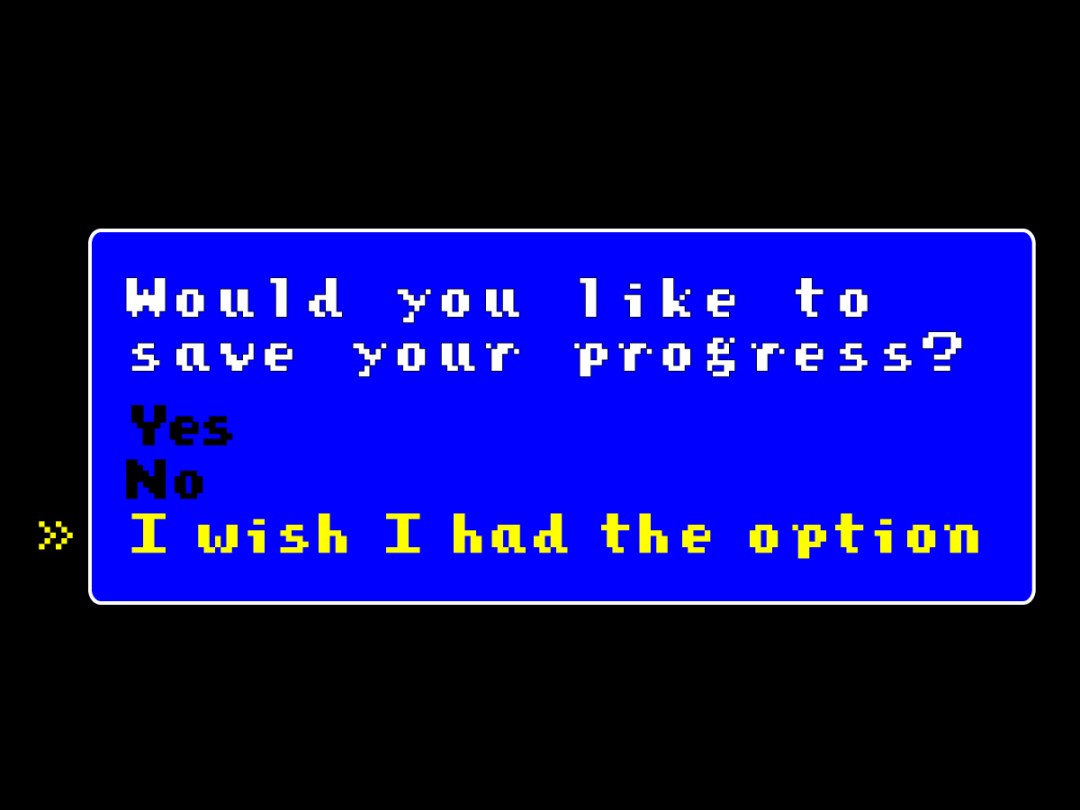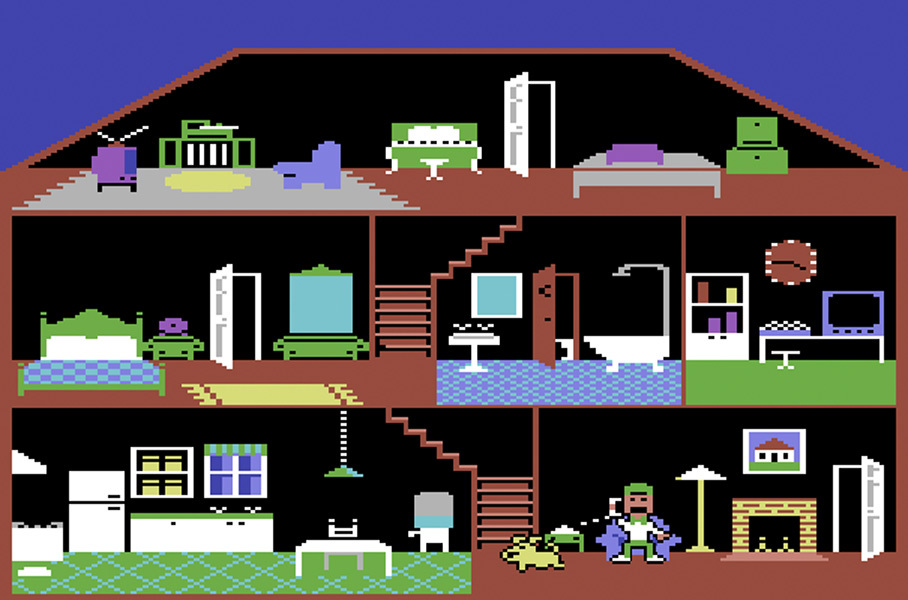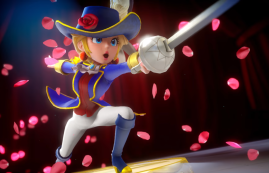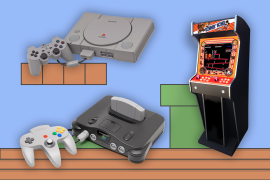Saving the game: why iPhones and Android devices must do better
In the old days, progress in games vanished when you pulled the plug. Craig Grannell asks why things have barely moved on in mobile

When I first started playing games, they were mostly about high scores.
Your investment in a title was rewarded in terms of mastery, and being able to lord it over the literally several people you knew who also cared a bit about the same game. If you could cope with Defender‘s demands for hours, or complete every cave in Boulder Dash without losing a single life, bully for you.
But the second someone switched off the power, your score would be consigned to digital oblivion, living on only in your head or scrawled in Biro on a scrap of paper, as a kind of personal trophy.
READ MORE: iCheapskate – 38 amazing free games for iPhone and iPad
Little computer memories

At some point, though, developers figured out that investment in gaming could be rewarded in other ways, through having you return to build on previous efforts.
I first encountered this with a proto-Sims called Little Computer People on the Commodore 64. The game involved a ‘house on a disk’. Shortly after loading it, a little bloke would walk around a three-storey building that looked rather more palatial than the one I lived in at the time. He’d open all the doors and cupboards, nip off and get his dog, and then rap on the screen and start demanding things.
My LCP was a mean poker player and also a lazy sod who’d never shut any doors. He loved dancing to rubbish music in his living room, but wasn’t terribly keen on having a shower.
He also had a memory that persisted between sessions. Starve the little swine and he’d ignore you, or write a snarky letter on his typewriter (before going an odd shade of green and ending up consigned to bed). Pat him on the head and send him gifts, and he’d be far more obedient than his dog, or, for that matter, your own dog, and become amenable to requests (bar, as already inferred, anything to do with basic hygiene).
It was fascinating to have this kind of ongoing ‘life’ within a game, rather than everything dying the second you pulled the plug, and as hardware evolved, so too did game saves.
Floppy disks gave way to hard disks, with potentially limitless space to store an insane number of Civilization II battles; with consoles, eventually only the most miserly publishers issued games without battery back-up, ensuring that working your way through the ninth hour of a rich, complex RPG wouldn’t require you to sit there every time going through the motions for eight-and-a-bit hours first.
Today, we live in an era of amazing technology. Mobile devices are as powerful as notebooks from only a half-dozen years ago. Internet connectivity is almost ubiquitous and cloud storage is cheap.
Continuity problems
Yet game saves haven’t kept pace in the way I’d hoped. If I play a game on my iPhone, it’s vanishingly rare that I can launch it on my iPad and continue from where I left off.
And when it comes to playing the same game across platforms – switching from iPad to Android smartphone to PC – forget it. At that point, politics comes into play, silos from Apple, Google and others torpedoing any notion of platform-agnostic, readily accessible save-states; only rarely will a publisher invest in integrating a save system and the servers to maintain it.
Fortunately, we’re not quite back in the days of Defender. Powering down an iPad won’t wipe your progress in Year Walk, and rebooting an Android device won’t excise any headway you’ve made in Sword & Sworcery. But deleting an app is this generation’s virtual plug-pull, any data beyond basic high scores disappearing as the icon whirls into the void.
In an instant, almost everything you achieved and the means to pick up from where you left off is most likely gone for good, even if you reinstall.
Deleting this app will remove it from your life forever
In an age of storage-restricted mobile hardware and rapidly ballooning mobile game file sizes, something has to give. Either you keep the same few games forever, or you just grit your teeth and eradicate them from your life once you think you’re done with them. Perhaps there’s no longer room for the long-term; maybe games are now destined to become entirely disposable products – played for a while, and then deleted for good.



